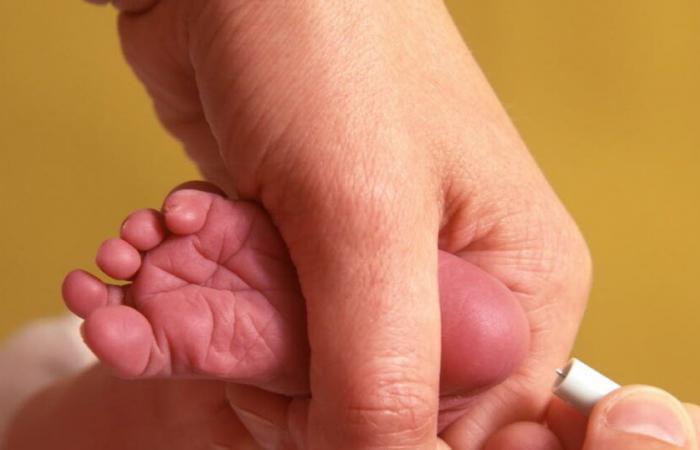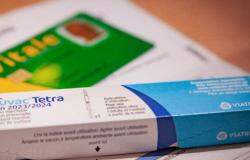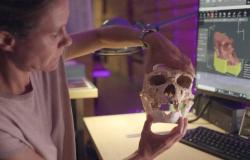Until now, screening for sickle cell disease was carried out selectively in mainland France, mainly based on the geographical origin of the parents. It was only systematic in the overseas territories. This targeted approach will leave room – from this 1is November – to universal screening.
A progressing disease
The figures speak for themselves: in 2022, 84 cases of major sickle cell syndrome have been confirmed. Or one case per 1,065 births. And the number of children diagnosed has seen a significant increase, from 431 in 2016 to 684 in 2022.
This generalization of screening responds to a recommendation from the High Authority of Health issued at the end of 2022. A decision motivated by several factors:
- Sickle cell disease is the most common genetic disease at birth;
- The first symptoms can appear from the age of 3 months (acute or chronic anemia, greater sensitivity to infections, etc.);
- It represents the leading cause of stroke in children;
- The disease causes significant morbidity and reduces life expectancy.
How does the screening take place?
Neonatal screening is carried out in the maternity ward (sometimes at home) by taking drops of blood on a blotting paper, after a small prick on the newborn’s heel or hand.
Carried out free of charge, between 2 and 3 days after birth, this test is very effective. No false positives have been reported in 20 years (one false positive is a test result that falsely indicates the presence of a condition or disease when it does not exist).
Source : General Directorate of Health – High Authority of Health
Health






